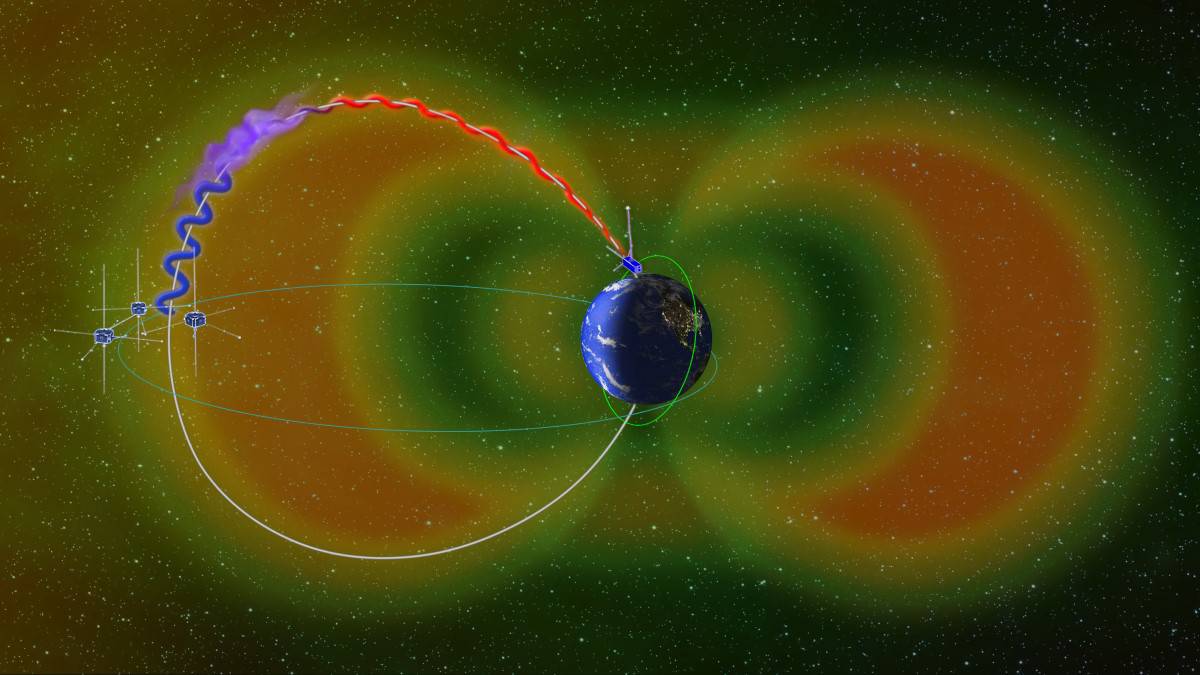In this episode of the Physics World Weekly podcast, the space physicist Xiaojia Zhang explains how whistler waves in Earth’s radiation belts are accelerating high-energy electrons towards the North and South poles. As well as causing spectacular aurorae, these energetic particles can also disrupt modern technologies such as GPS, the UCLA-based researcher says.
Also on hand is the University of Genoa polymer scientist and Physics World student contributor Heba Magahd who explains why researchers in China are keen on creating energy-rich chains of nitrogen within carbon nanotubes.
We also chat about the latest meteorite that appears to have fallen on England and give a few tips about what to do if you happen to come across a rock from outer space.
